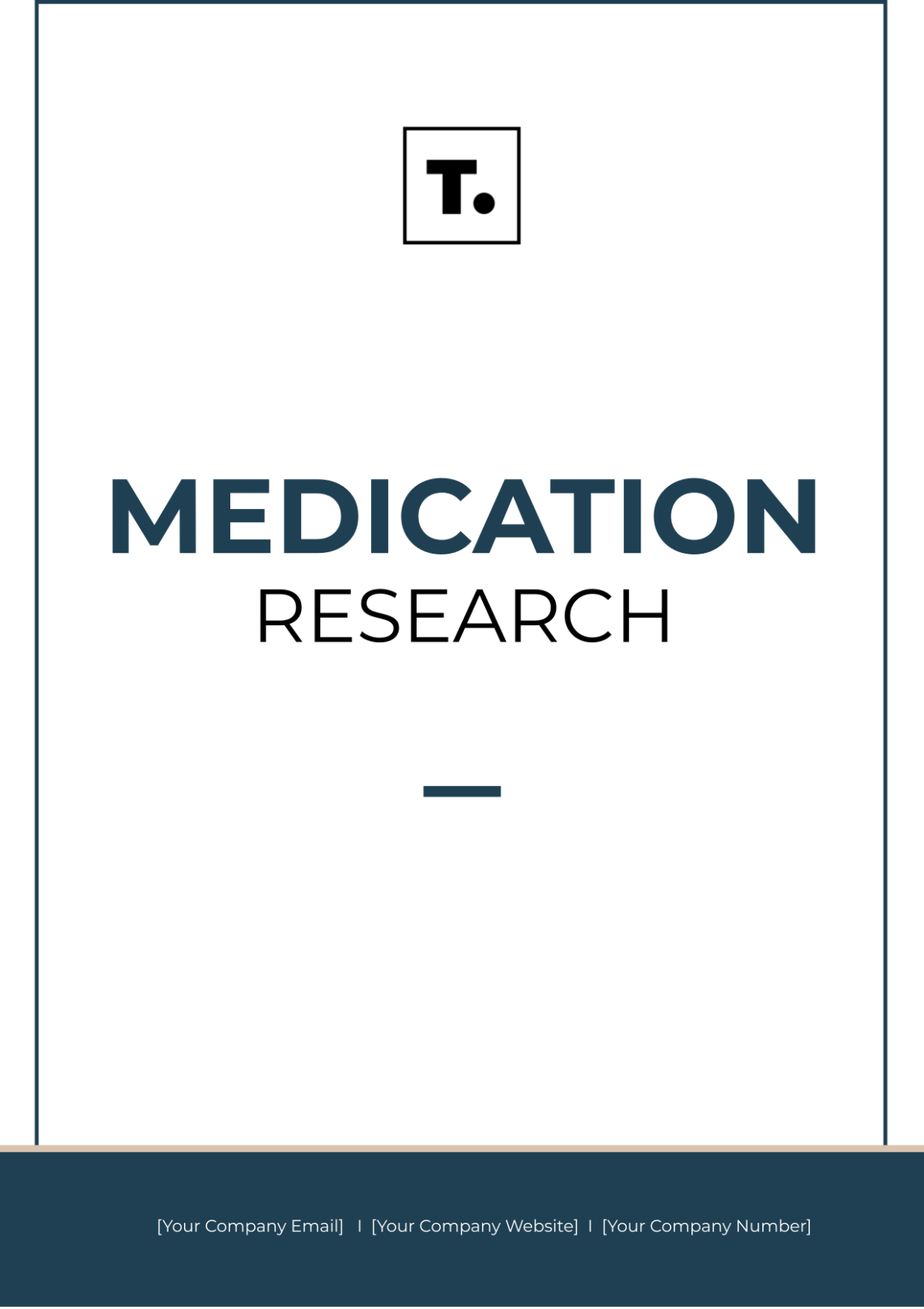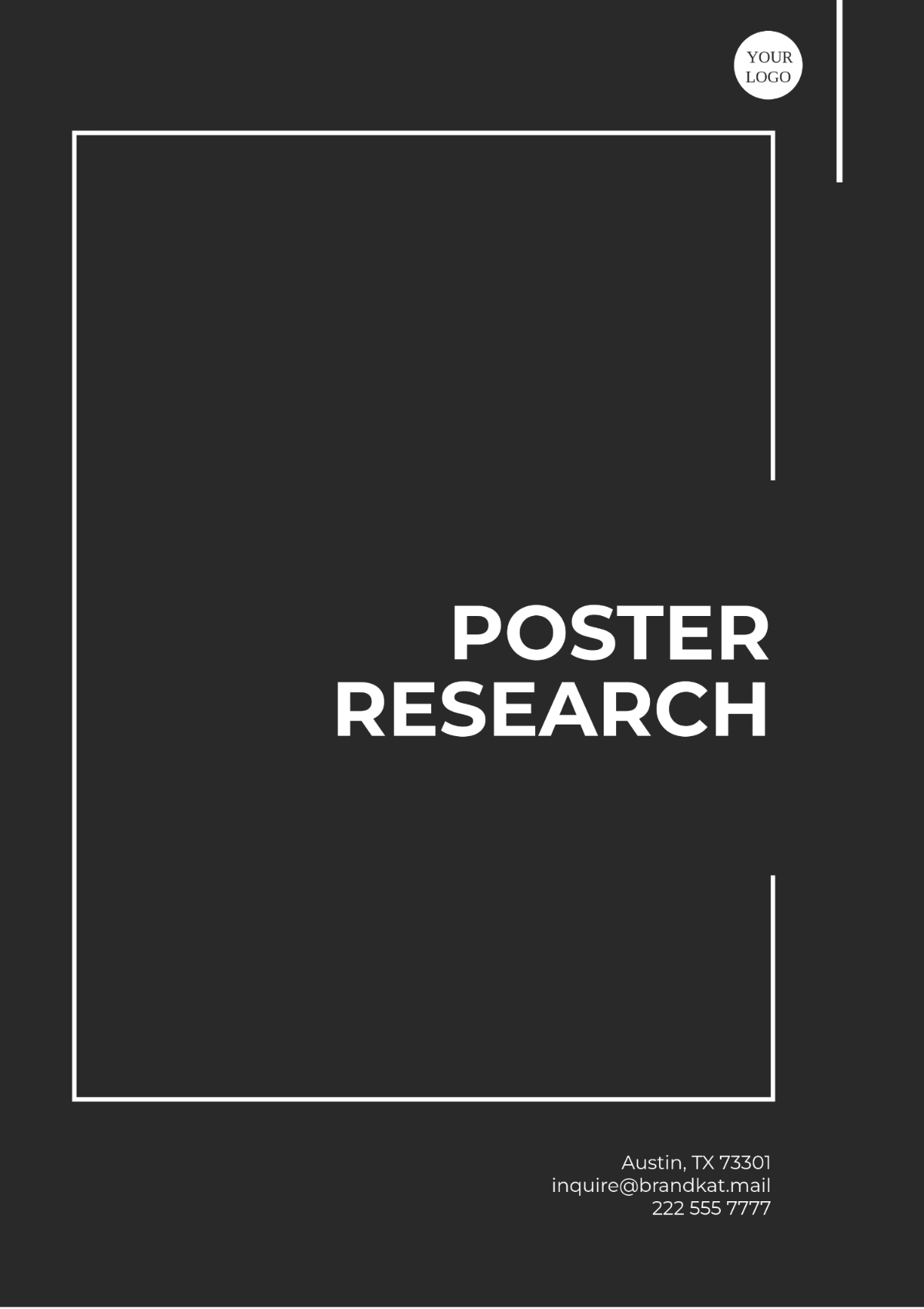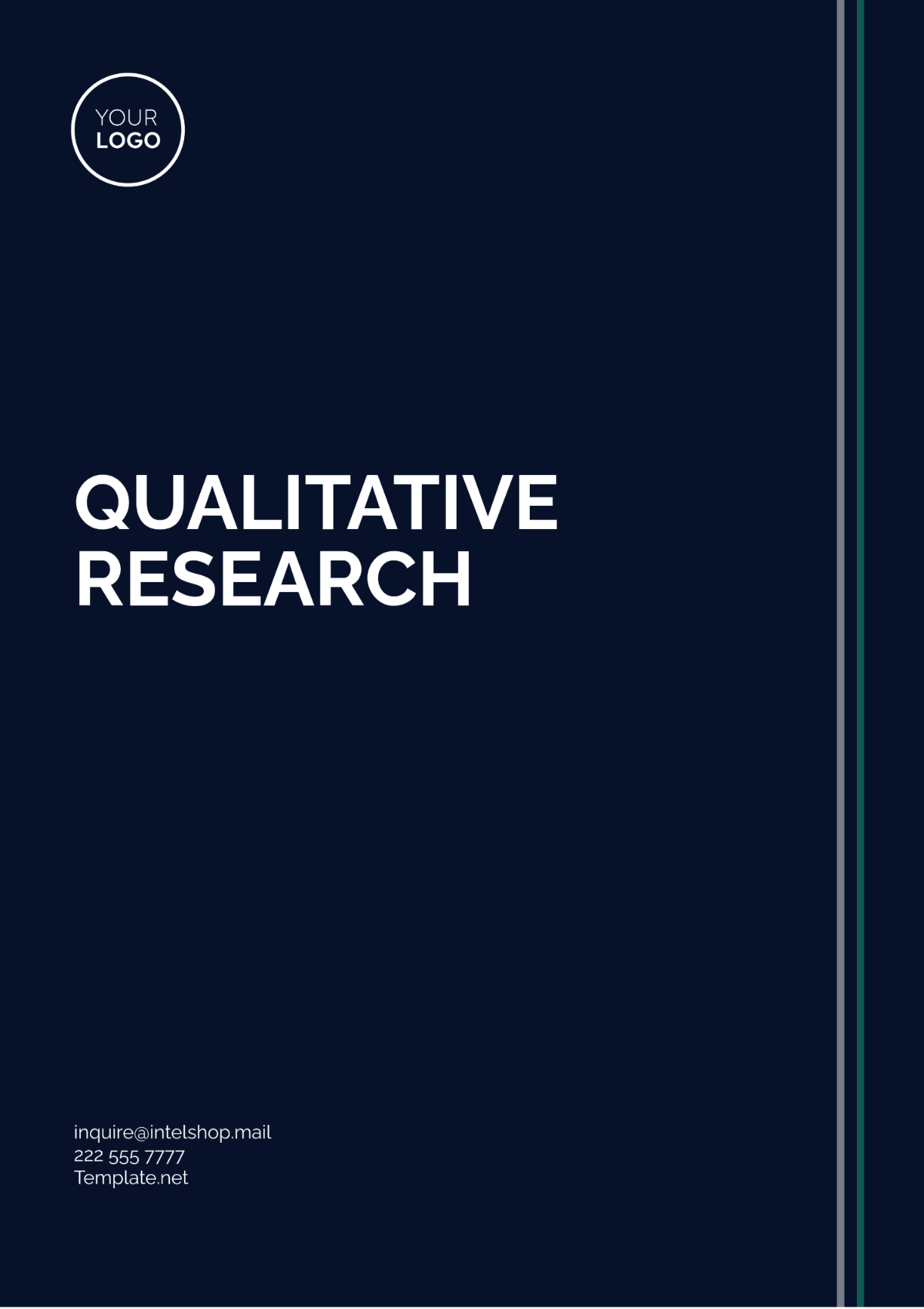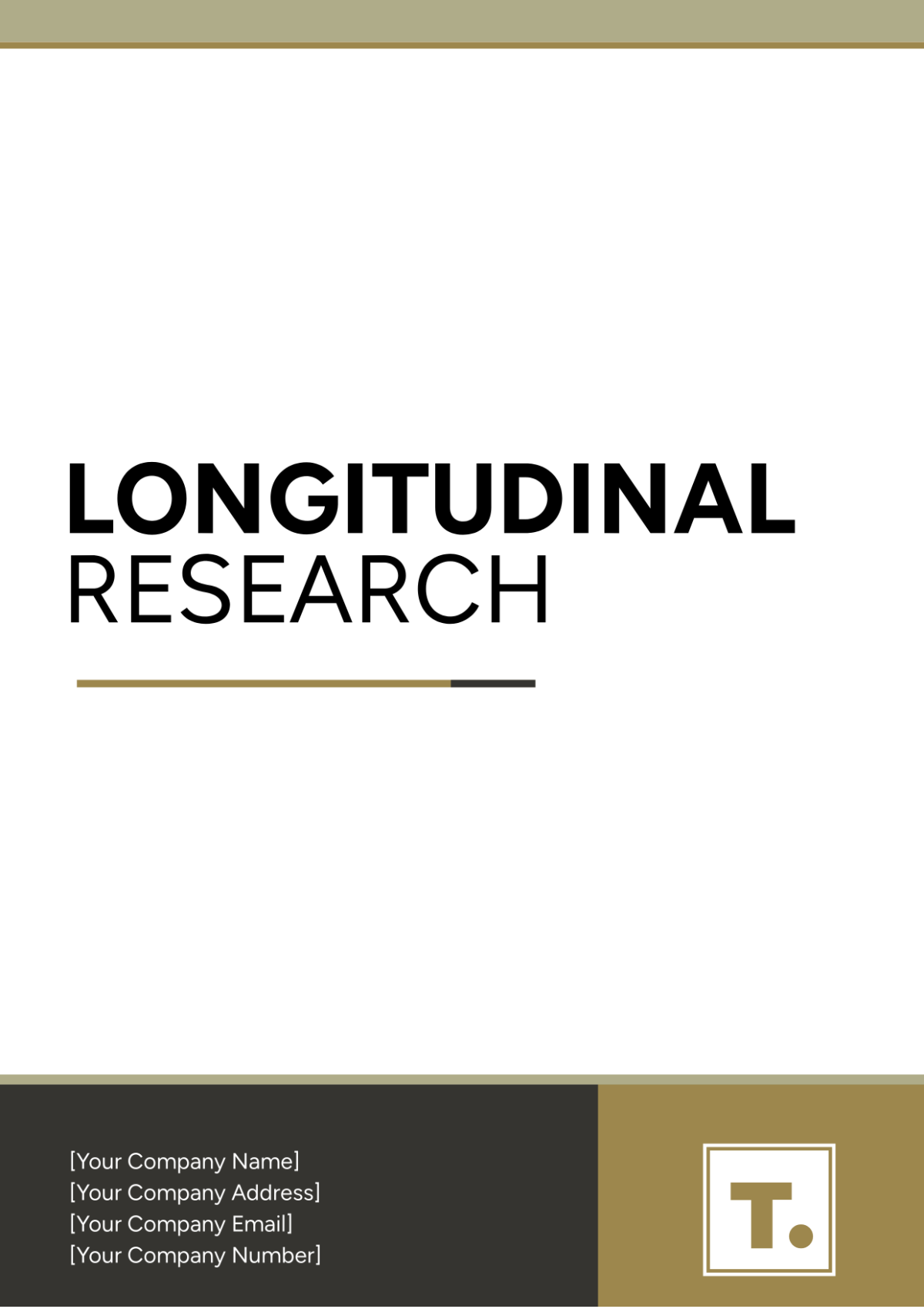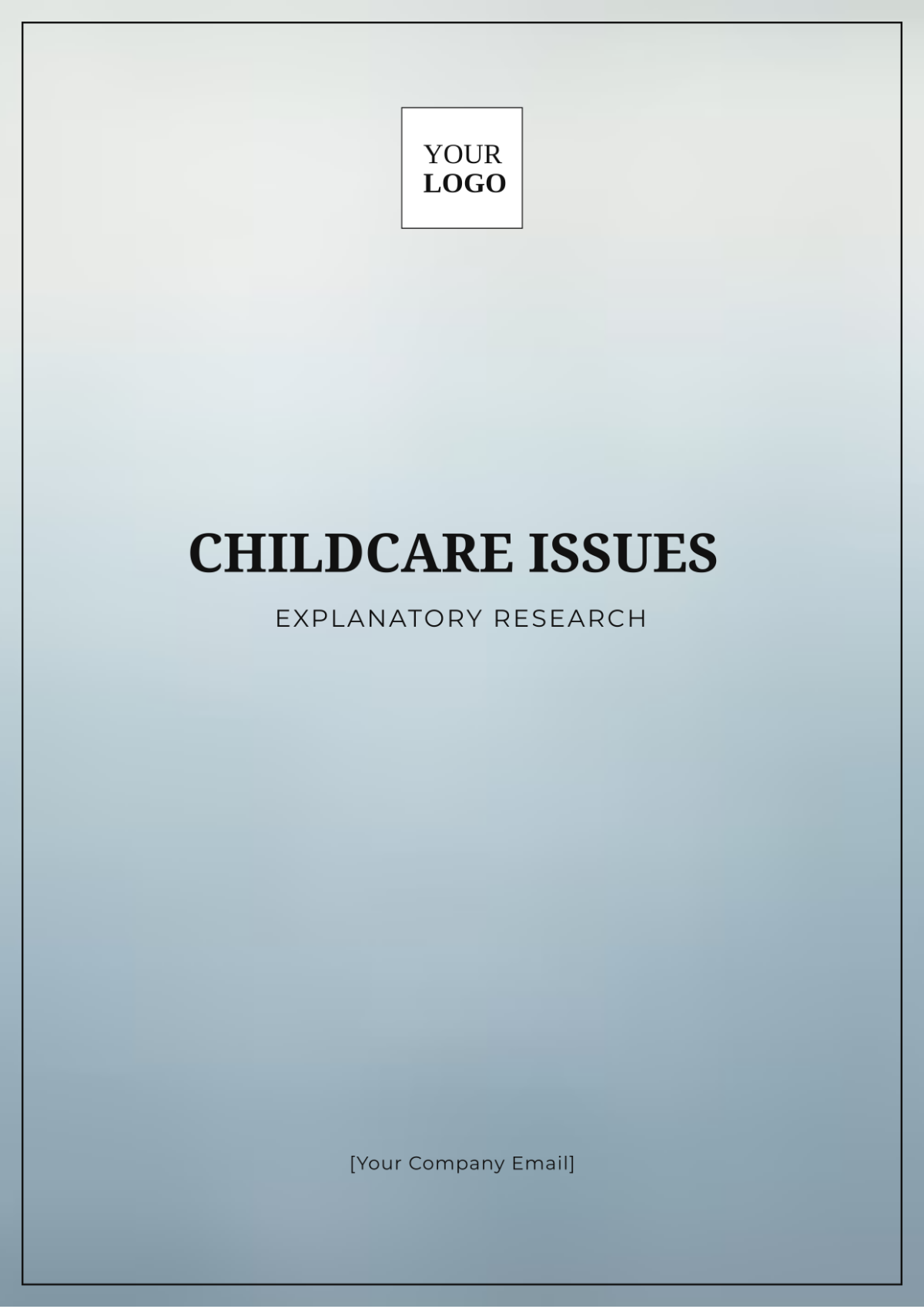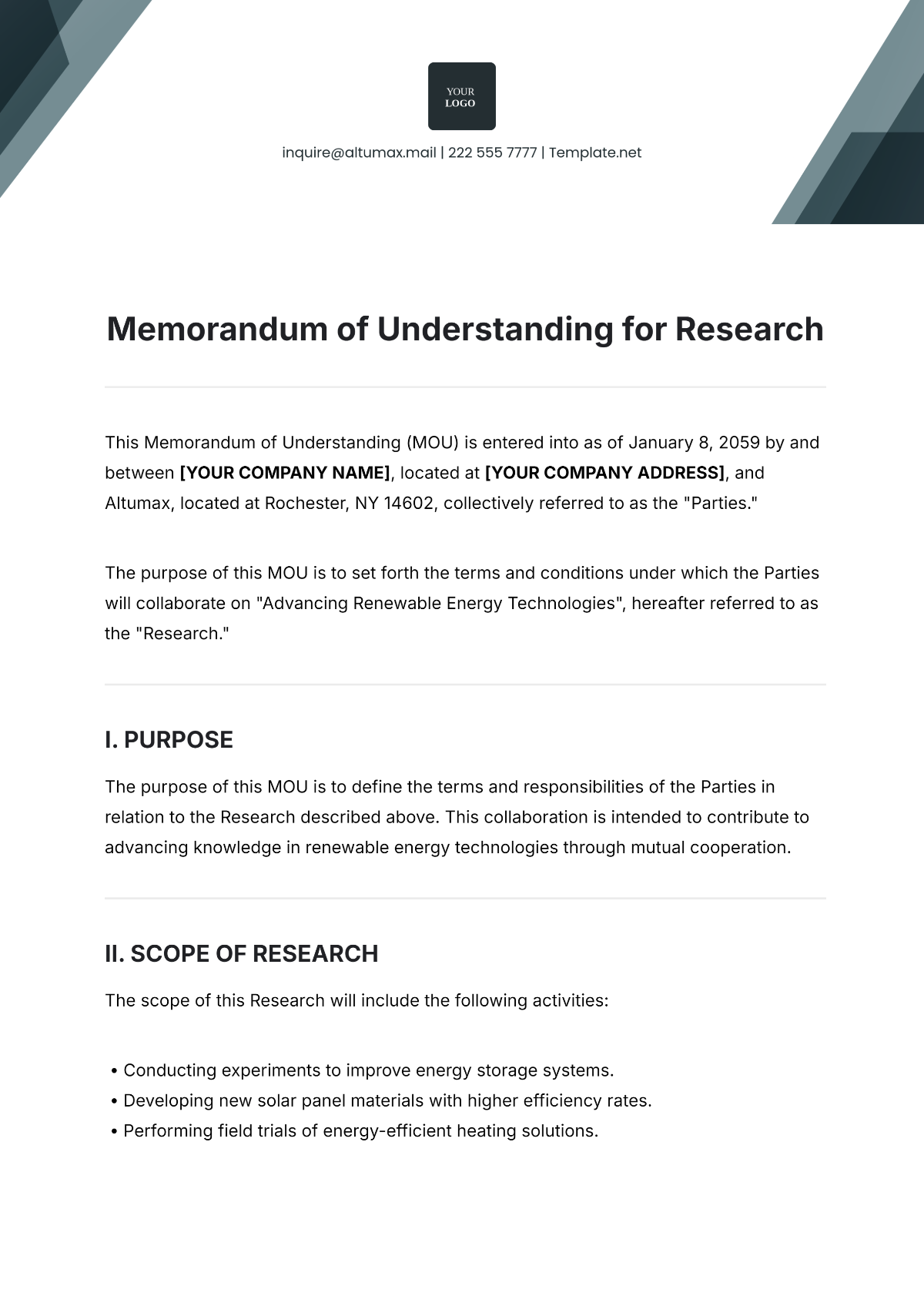Quantitative Observational Study
Title: The Impact of Exercise Frequency on Cardiovascular Health Among Adults Aged 30-50
Date: [Date]
Abstract
This study examines the relationship between exercise frequency and cardiovascular health in adults aged 30-50. Using data from a survey of 500 participants, we found that increased exercise frequency is associated with improved cardiovascular metrics. The results suggest that regular exercise can significantly benefit heart health in this age group.
Introduction
Cardiovascular disease is a leading cause of morbidity and mortality among adults. Previous research indicates that regular physical activity is beneficial for heart health, but specific frequency recommendations vary. This study aims to quantify the impact of exercise frequency on cardiovascular health metrics, including blood pressure and cholesterol levels.
Methods
Study Design: Cross-sectional observational study.
Participants: 500 adults aged 30-50, selected through stratified random sampling.
Data Collection: Participants completed a self-reported survey on their weekly exercise frequency and underwent cardiovascular health assessments, including blood pressure and cholesterol measurements.
Data Analysis: Statistical analyses were conducted using regression models to assess the relationship between exercise frequency and cardiovascular health outcomes.
Results
Table 1: Cardiovascular Health Metrics by Exercise Frequency
Exercise Frequency | Mean Systolic Blood Pressure (mmHg) | Mean Total Cholesterol (mg/dL) |
|---|---|---|
1-2 times per week | 130 | 220 |
3 times per week | 125 | 210 |
4-5 times per week | 120 | 190 |
Exercise Frequency: Participants who exercised 4-5 times per week had a mean systolic blood pressure of 120 mmHg, compared to 130 mmHg for those who exercised 1-2 times per week.
Cholesterol Levels: The average total cholesterol was 190 mg/dL for the high-frequency exercise group versus 220 mg/dL for the low-frequency group.
Statistical Significance: Regression analysis showed a significant negative correlation between exercise frequency and both systolic blood pressure (p < 0.01) and cholesterol levels (p < 0.01).
Discussion
The findings indicate that higher exercise frequency is associated with better cardiovascular health outcomes, including lower blood pressure and cholesterol levels. These results are consistent with existing literature and suggest that increasing physical activity can improve heart health. However, the study is limited by its reliance on self-reported exercise data and cross-sectional design. Future research should explore longitudinal impacts and include objective measures of physical activity.
Conclusion
Engaging in regular exercise, specifically participating in physical activities such as aerobic workouts or strength training sessions around four to five times each week, seems to have a beneficial effect on the cardiovascular health of adults who fall within the age range of 30 to 50 years. Given the positive association between this level of physical activity and improved heart health, public health campaigns and initiatives should actively promote and recommend that individuals consistently engage in such exercise routines. By doing so, these initiatives would aim to significantly diminish the risk of developing cardiovascular diseases within this demographic group.
References
Smith, J., & Jones, M. (2050). The effects of physical activity on heart health: A review. Journal of Cardiovascular Research, 15(3), 45-60.
Doe, A., & Brown, L. (2053). Exercise and cardiovascular risk factors: A meta-analysis. American Heart Journal, 18(2), 123-134.


